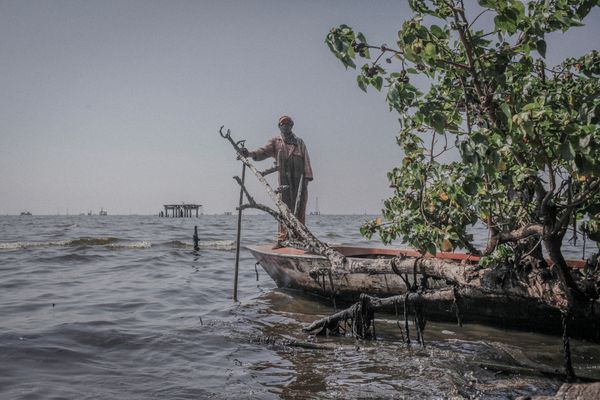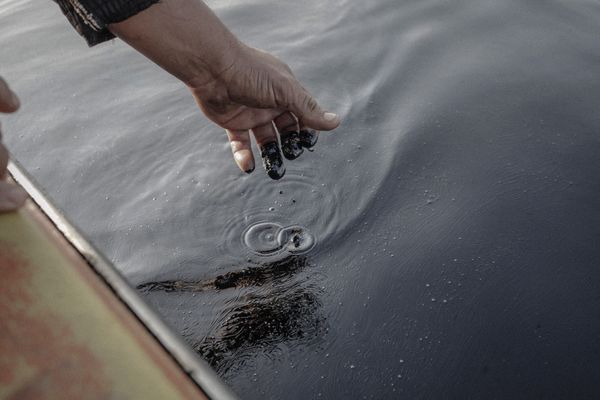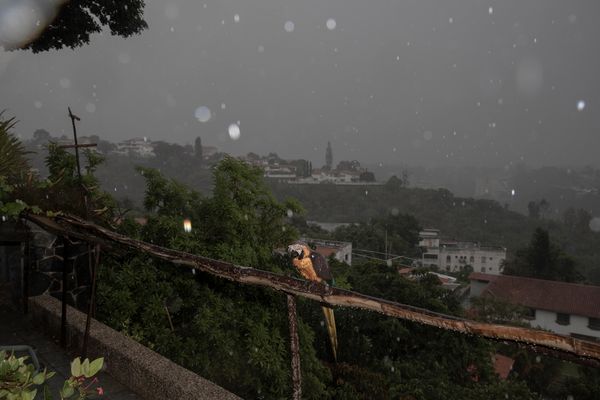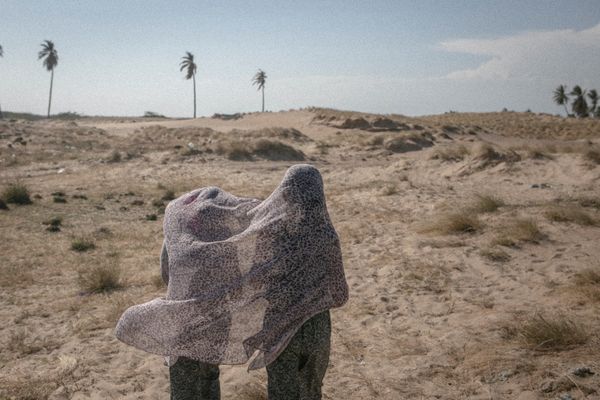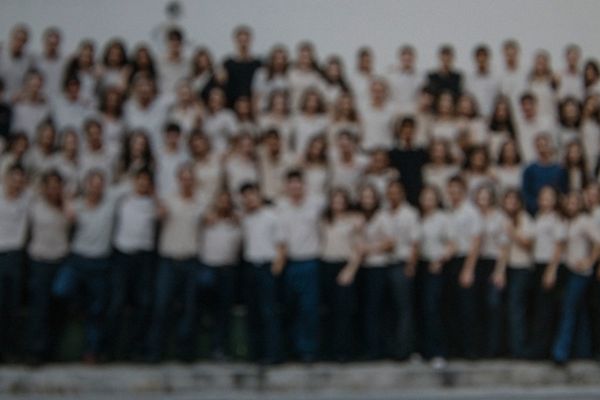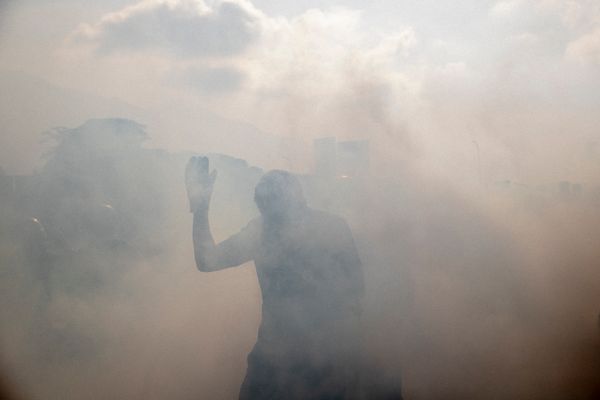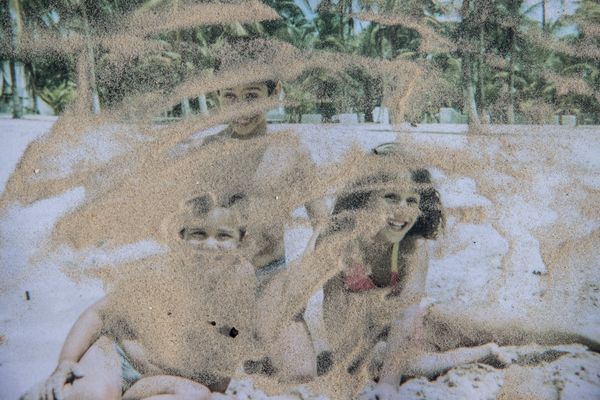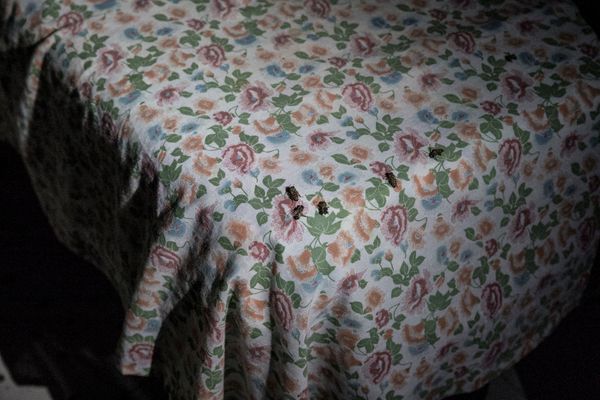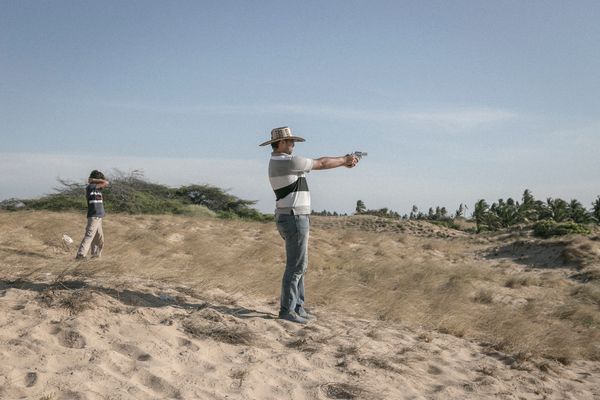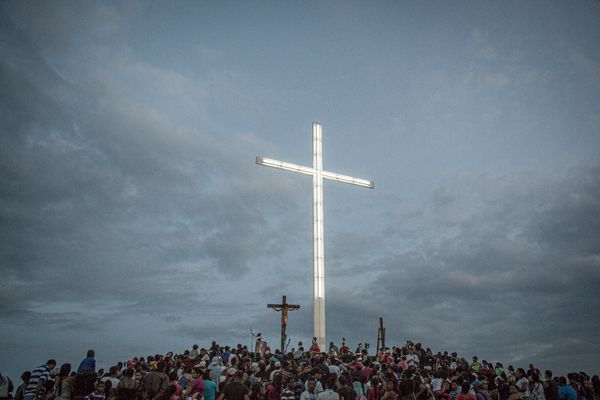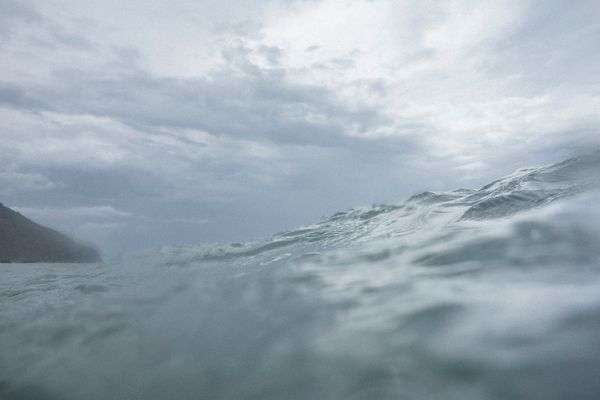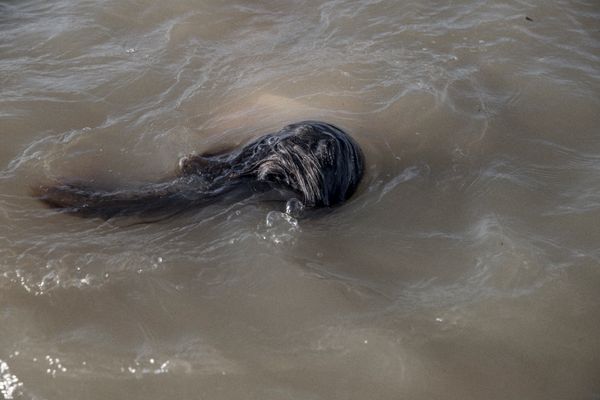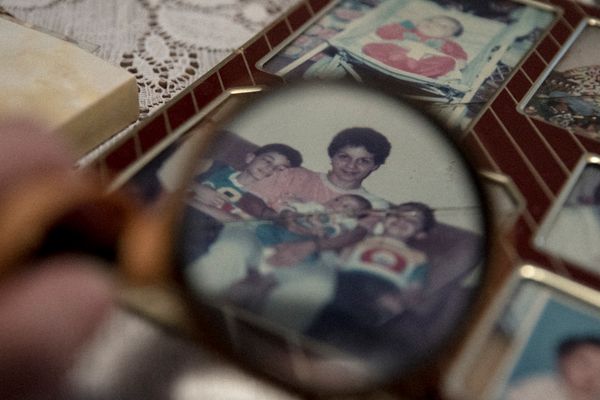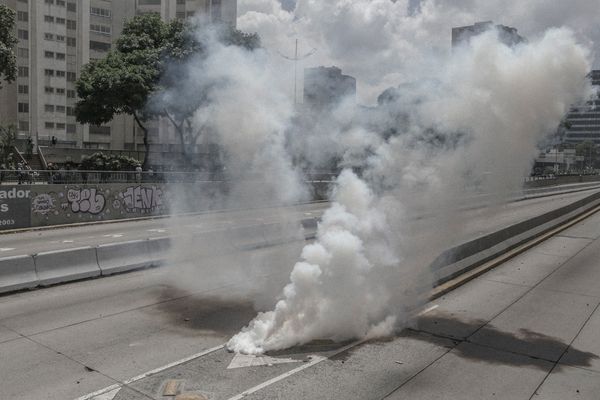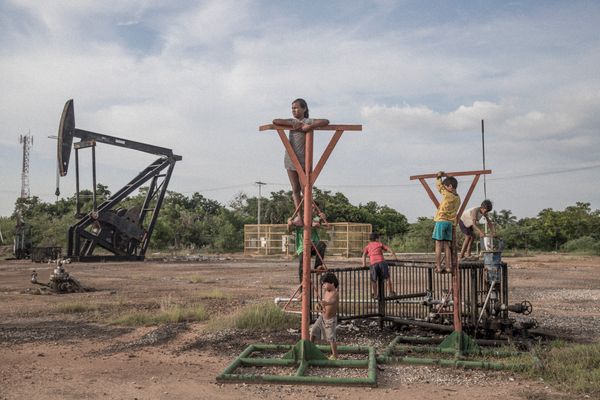I Can't Hear the Birds
-
Dates2018 - Ongoing
-
Author
- Location Venezuela, Venezuela
-
Recognition
-
Recognition
Over 5 million Venezuelans have left the country. My parents, my brothers and all of my closest friends are a part of it. I saw my home become empty and my memories become blurry, as if looking at my childhood through a foggy window. Silence slowly took over the rooms that once belonged to my loved ones, and I looked for shelter in natural places where I could reconnect with my country. I have been traveling to rural areas looking for the Venezuela of those childhood memories, for the traces of a better time. I found it, in the middle of solitude, struggling to survive the general decay.
I Can’t Hear the Birds is a documentary project that portrays Venezuela as a mental state, and digs into what Venezuelans who stay are feeling. Mixing images of nowadays rusty landscapes, portraits and interviews of those who stay, the emptiness of the spaces from friends who left and memories from their family albums, it aims to build memory of who we were and show migration from the point of view of those who see everything changing from the inside. Either you leave or you stay, your home is no longer there.
Seven consecutive years of economic collapse and political crisis left a devastation only comparable to countries that went through an armed conflict: 94% of the Venezuelan population live below the poverty line, according to an investigation made by 3 independent universities, destroying the middle class and increasing the inequality gap.
With that idea in mind, I will visit locations linked to my childhood memories. I chose Margarita Island for this chapter because they have an evident contrast of the abandonment and the tropical beauty of Venezuela, and they have been considerably hit by migration.
In March 2020, right before the borders closed, I came to Colombia and was locked here until I became a migrant myself. Now I have a deeper understanding of migration after years of living it from the inside. This fund will allow me to go back home and continue the project that has been stuck for over a year.
It is important to keep documenting our crisis impact now, because even though it is no longer on the front pages of the world, the collapse goes on and the pandemic has only deepened everyday struggles for citizens.
